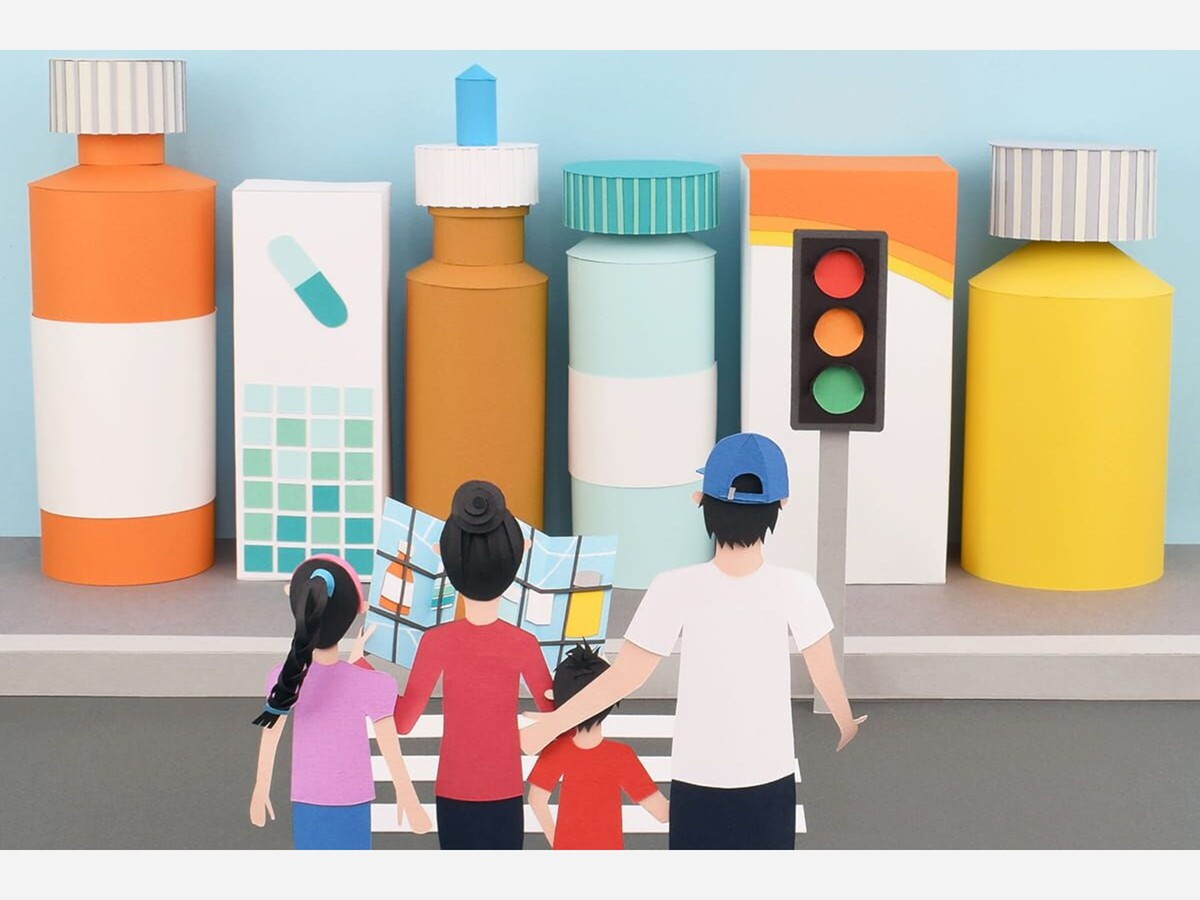Prescription drugs and over-the-counter medications should always be stored safely and away from young children
- Store all medications in a cupboard or high shelf, well out of a child's sight. In about half of the over-the-counter medication poisonings, the child climbed onto a chair, toy, or other objects to reach the medication.
- Keep medicines in their original containers, with child-safety caps.
- If there are controlled substances (like prescription pain medications or ADHD medicine) consider using a locked box for extra safety.
- Keep track of how many pills are in the bottle and write the start date on the label. This way, if a spill occurs, you'll know if any are missing.
- When giving your child medicine, lean over a counter or table. This helps contain any accidental spills.
- Any medication can be dangerous, so treat all products with the same respect. We worry about opioids, but some blood pressure and diabetes medications can be fatal to a toddler who swallows only one pill.
- If a medication spills, vacuum or sweep the area as an extra precaution to ensure nothing is missed.
- Dispose of unused medications—especially opioids—at pharmacies, the drug "take back" programs, or doctors' offices.
- Know basic first aid and keep the Poison Center Number (1-800-222-1222) stored in your phone.
- Get into the practice of safe medication storage, starting as soon as your baby is born.
Occasionally youngsters have been prescribed painkillers for an injury or medical concern. While many individuals believe opioids work best for pain, recent studies show that non-opioid medications such as ibuprofen and naproxen, as well as non-medical approaches can be just as effective.
If kids continue to have severe pain, a physician may prescribe an algia (pain) reliever that contains an opioid. If your child has been prescribed an opioid it is important to monitor your child's use of it.
The medication should be taken exactly as prescribed, and for the shortest time necessary. Also, consider talking with the physician about co-prescribing naloxone, which can prevent opioid overdose deaths, whenever an opioid is prescribed.
"Children who learn about medication safety at home are less likely to use drugs than those who don't learn this at home," Dr. Murray said. "Start talking about medication safety early by advising young children not to take any pills without asking you first."
This article was updated by Anita Johnson-Brown and was originated via The American Academy of Pediatrics,
Photo: KinderCare
More News from Los Angeles
